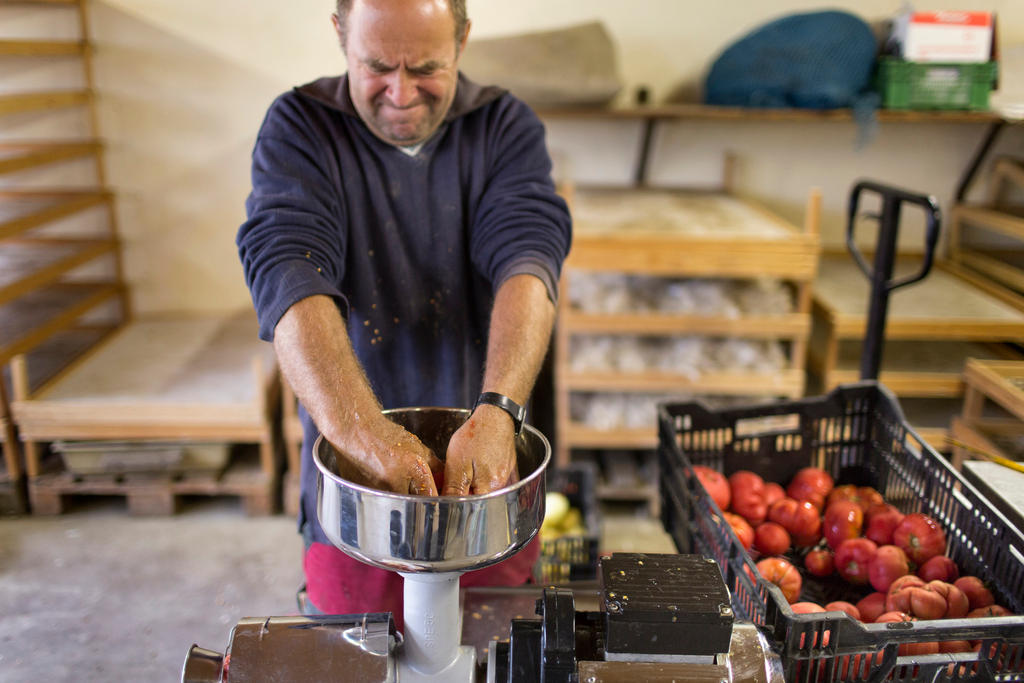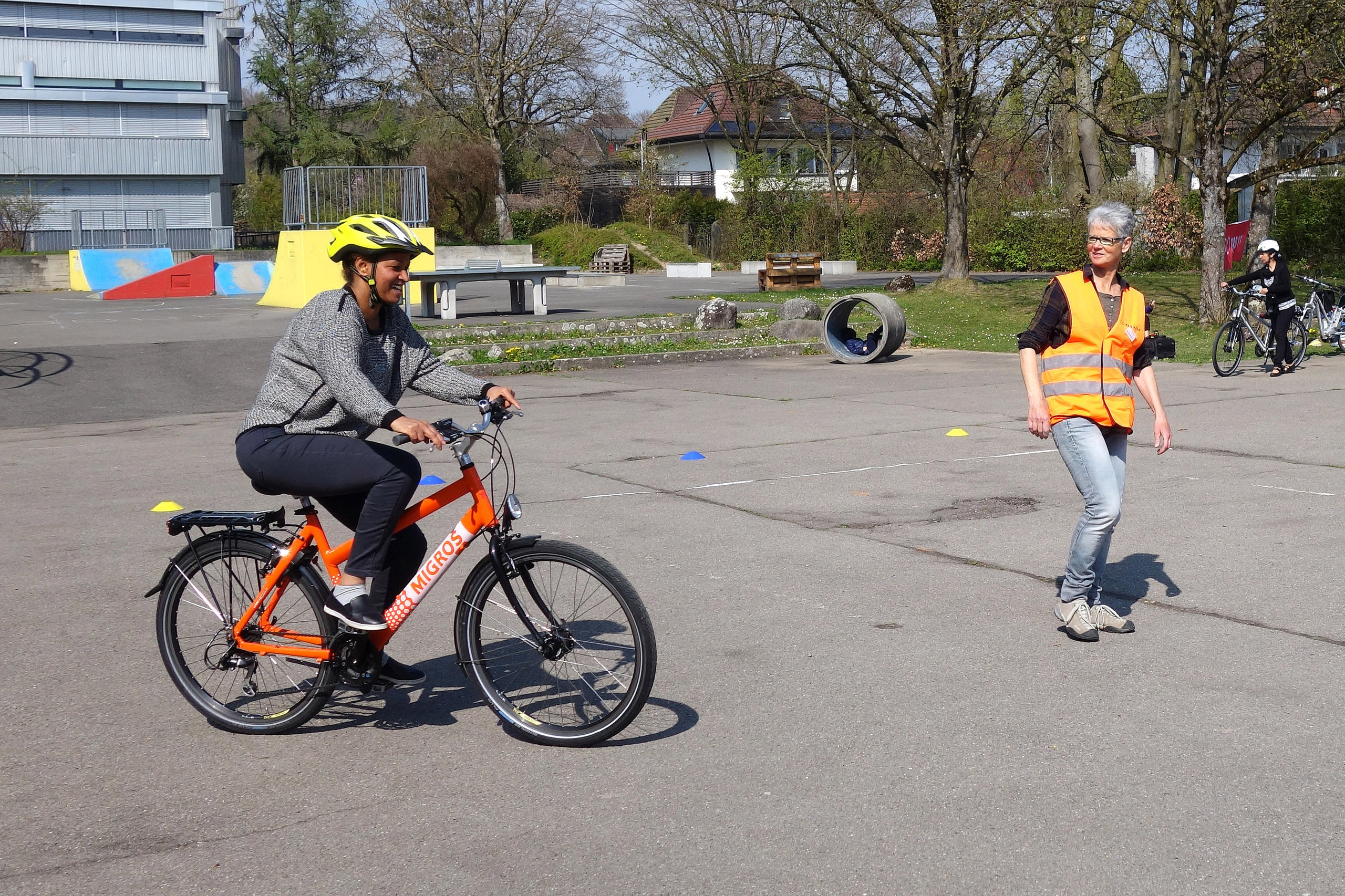Bikes coast into Swiss constitution with clear voter support

Almost three-quarters of Swiss voters have approved a proposal to enshrine cycling, and cycling infrastructure, in the country’s constitution.
Four decades after walkers in Switzerland earned the privilege of a constitutional place – voters approved an article on the principles of maintaining footpaths and hiking trails in 1979 – cyclists are now set for equal treatment.
Some 73.6% of voters said “yes” on Sunday to giving federal authorities more responsibility in coordinating and developing cycle paths nationwide. Turnout was 37.1%, below average, according to Federal Chancellery figures.
All 26 cantons voted in favour, with Vaud coming out as most supportive (86.3%), and Obwalden least keen (57.2%). The results surpassed the predictions of opinion polls carried out in the lead-up to the vote.
Matthias Aebischer, a Social Democrat Party politician and president of the Pro Velo cycling lobby group, told Swiss public radio RTS he was “astonished” by the scale of the support for the initiative, which he said showed that even non-cyclists and followers of sceptical political groups backed the change.
In a press conference following the results announcement, Transport Minister Doris Leuthard also welcomed the result and highlighted the potential of bikes to relieve growing pressures on overcrowded public buses and trains, while also helping to limit toxic exhaust emissions.
She also mentioned the issue of safety, a key campaign topic in the lead-up to the vote, as being important. Of all forms of transport, biking is the only one becoming statistically less safe, with rising numbers of deaths and injuries each year.
Easy ride
Supporters of the initiative nevertheless remained sober about changes to come, preferring to focus on the inclusion of cycling considerations in future planning rather than on large-scale offensives to create bike-only roads.
“I would like the numbers of regular cyclists in Switzerland to increase from 8% to 16%,” said Aebischer – a figure more comparable to neighbouring Germany than to the cycling meccas of Denmark or the Netherlands.

More
Ethical food proposals brushed off the table
Manfred Bühler of the conservative right Swiss People’s Party – the only party who opposed the proposal in a rather muted campaign overshadowed by the other “food initiatives” on the table – said the vote was “rather symbolic” and based on false promises.
Real change for bicycles would involve investing “hundreds of millions of francs” annually, Bühler said, something that would need further parliamentary approval.
He also reiterated his party’s fear about what it considers to be a creeping federal encroachment on regional competencies in Switzerland.
Counter-proposal
The vote took place in the context of ongoing discussions about “slow mobility” and the cross-cutting importance of transport and its relation to health, environmental, and social concerns.
Initially, a people’s initiative was handed in by Pro Velo last year in an attempt to achieve the constitutional change; this was then met with a slightly watered-down counter-proposal by the government, which was put to voters on Sunday.
According to the text of the counter-proposal, the government “may”, but will not be bound to, take more responsibility for cycle paths in the country, a task that is above all a cantonal prerogative.
In practice, this will likely involve coordinating standards of bike paths across the country, as well as taking on tasks like the geo-mapping of routes.
Anticipating the creation of 1.5 new staff positions and a coordination unit, the government estimates the immediate cost of implementing the initiative at CHF1.8 million ($1.87 million) per year.
‘Fair food’ initiative:
38.7% yes 61.3% no
‘Food sovereignty’ initiative:
31.6% yes 68.4% no
Promoting bicycle infrastructure:
73.6% yes 26.4% no
Turnout: 37.1%.

In compliance with the JTI standards
More: SWI swissinfo.ch certified by the Journalism Trust Initiative





You can find an overview of ongoing debates with our journalists here. Please join us!
If you want to start a conversation about a topic raised in this article or want to report factual errors, email us at english@swissinfo.ch.